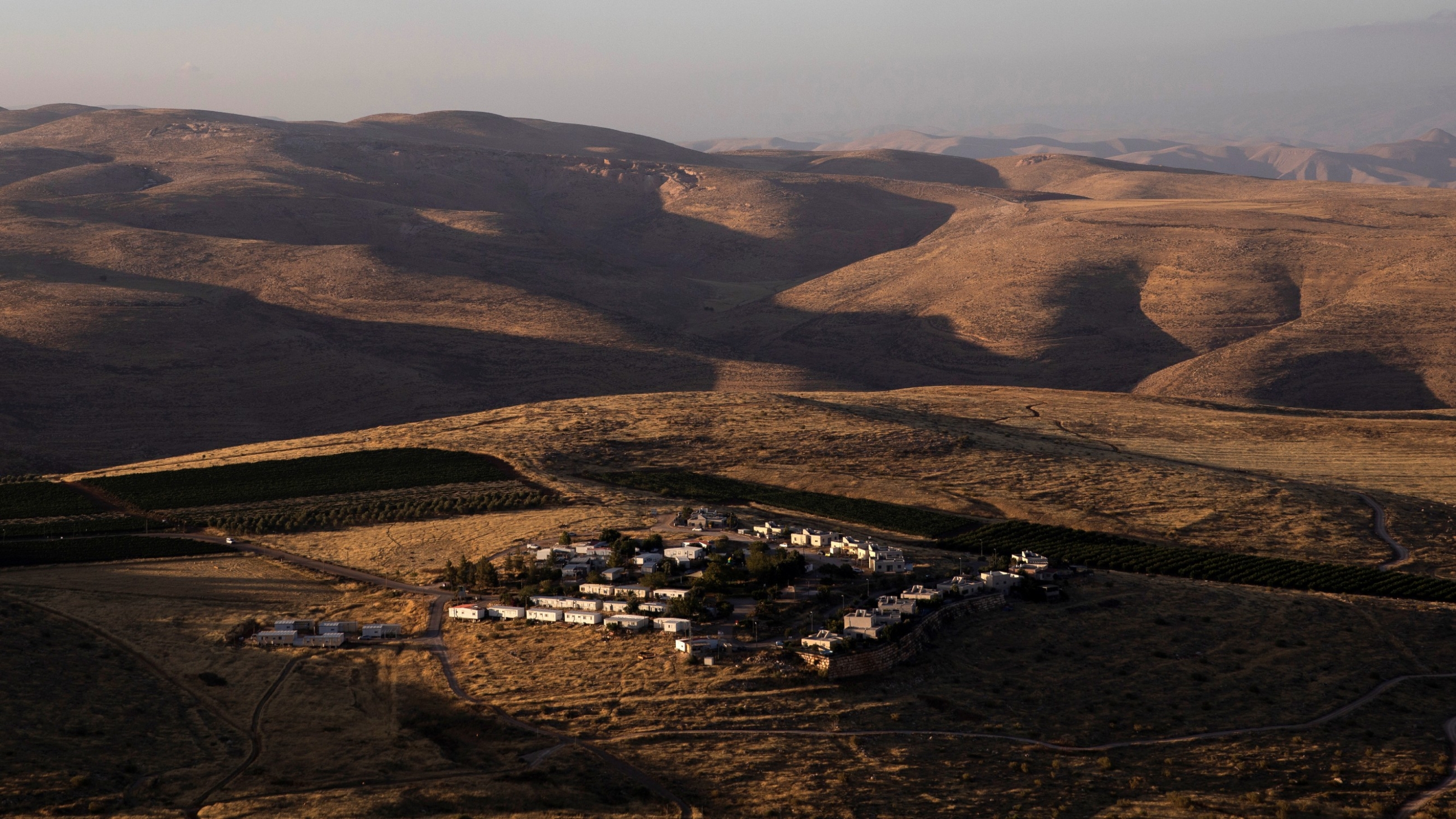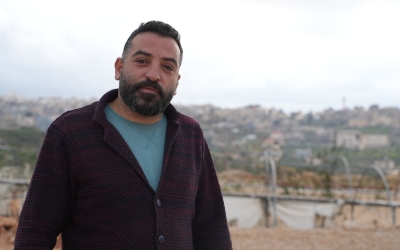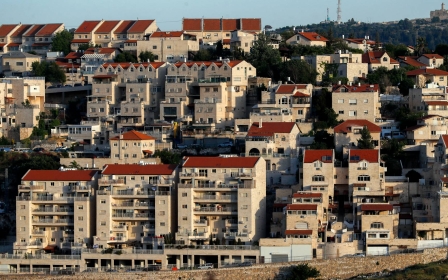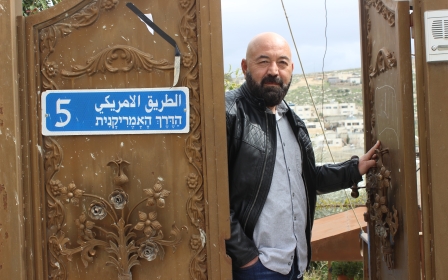Israel's high court legalises settler land seizure in controversial West Bank outpost case

Israel’s Supreme Court has ruled against evacuating an unauthorised settlement outpost in the occupied West Bank, in a precedent-setting decision that rights groups fear will pave the way for new mass confiscations of Palestinian land.
Wednesday's ruling reversed a decision made by the Supreme Court two years ago ordering Israeli settlers to leave the Mitzpe Kramim outpost near Ramallah.
Outposts, built by Israeli settlers in the occupied West Bank without government authorisation, are often turned into official settlements, but are at times challenged legally and forced to be dismantled.
Both outposts and government-approved and subsidised settlements are illegal under international law.
Mitzpe Kramim was first erected in 2000 on privately owned and registered Palestinian land in the village of Deir Jarir, northeast of Ramallah.
In 2018, the district court ruled in favour of settlers who filed a suit requesting the outpost be retroactively approved by the state.
The court recognised the settlers' claim to the land, despite it being owned by Palestinians, using a little-known section of military law known as “market regulations”.
Since Israeli authorities did not know the land was privately owned when they first mapped out the area, therefore, according to the “market regulation” the takeover was valid as it was conducted in “good faith”.
The decision was appealed by Deir Jarir families and in 2020 the Supreme Court overturned the district court’s ruling.
However, Israel’s defence ministry requested a further hearing before an extended panel, fearing the decision would block other requests made under the “market regulation” principle, and on Wednesday the Supreme Court reversed its decision.
In the latest ruling, the court said the test of “good faith” was met in this case.
The decision may pave the way for the settler takeover of thousands more constructions in outposts built on Palestinian lands across the West Bank.
Peace Now, an Israeli anti-settlement monitoring group, decried the ruling.
“This awful decision will allow for the retroactive legalization of settler land seizures,” it said on Twitter. “It is absurd to attribute 'good faith' to the settlers of an illegal outpost whose homes were built illegally and without permits on private Palestinian land.”
It warned the settlers “will not stop at Mitzpe Kramim”, and that they will “use the High Court decision to try to steal more from Palestinians”.
'It is absurd to attribute "good faith" to the settlers of an illegal outpost whose homes were built illegally and without permits on private Palestinian land'
- Peace Now, Israeli monitor
Yesh Din, an Israeli human rights group specialising in settlements, said last month that the “dubious process” by which the outpost was created and further established was the result of a larger process to legitimise land grab from Palestinians.
“The unauthorised outpost of Mitzpe Kramim and the dubious process by which it was established did not appear out of thin air,” it said in the report. “Like other settlements built in the [occupied Palestinian Territories], an entire system driven by the ideology of the settlement movement and involving a plethora of state agencies led to the installation of the outpost on privately owned Palestinian land and the subsequent concerted efforts to have it retroactively approved.”
More than 600,000 settlers live in over 200 settlements and outposts across the occupied West Bank and East Jerusalem.
Last week, thousands of Israeli settlers, led by the far-right Nachala settlement movement, temporarily set up tents in six locations across the West Bank with the aim of turning them into new outposts.
The group said it collected around $1,454,000 for the project from some 8,000 donors in under three days, vowing that it plans to erect more outposts in the near future.
Middle East Eye delivers independent and unrivalled coverage and analysis of the Middle East, North Africa and beyond. To learn more about republishing this content and the associated fees, please fill out this form. More about MEE can be found here.





